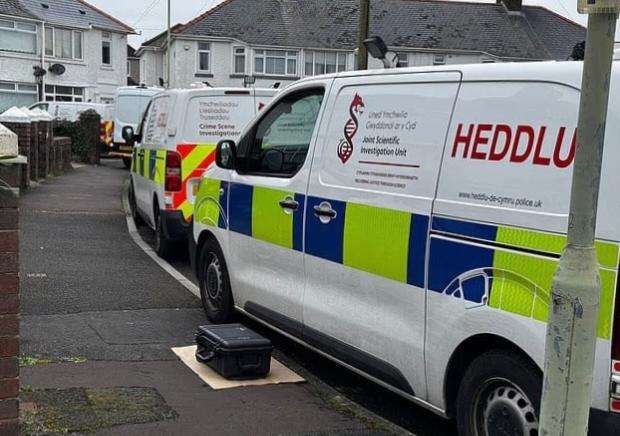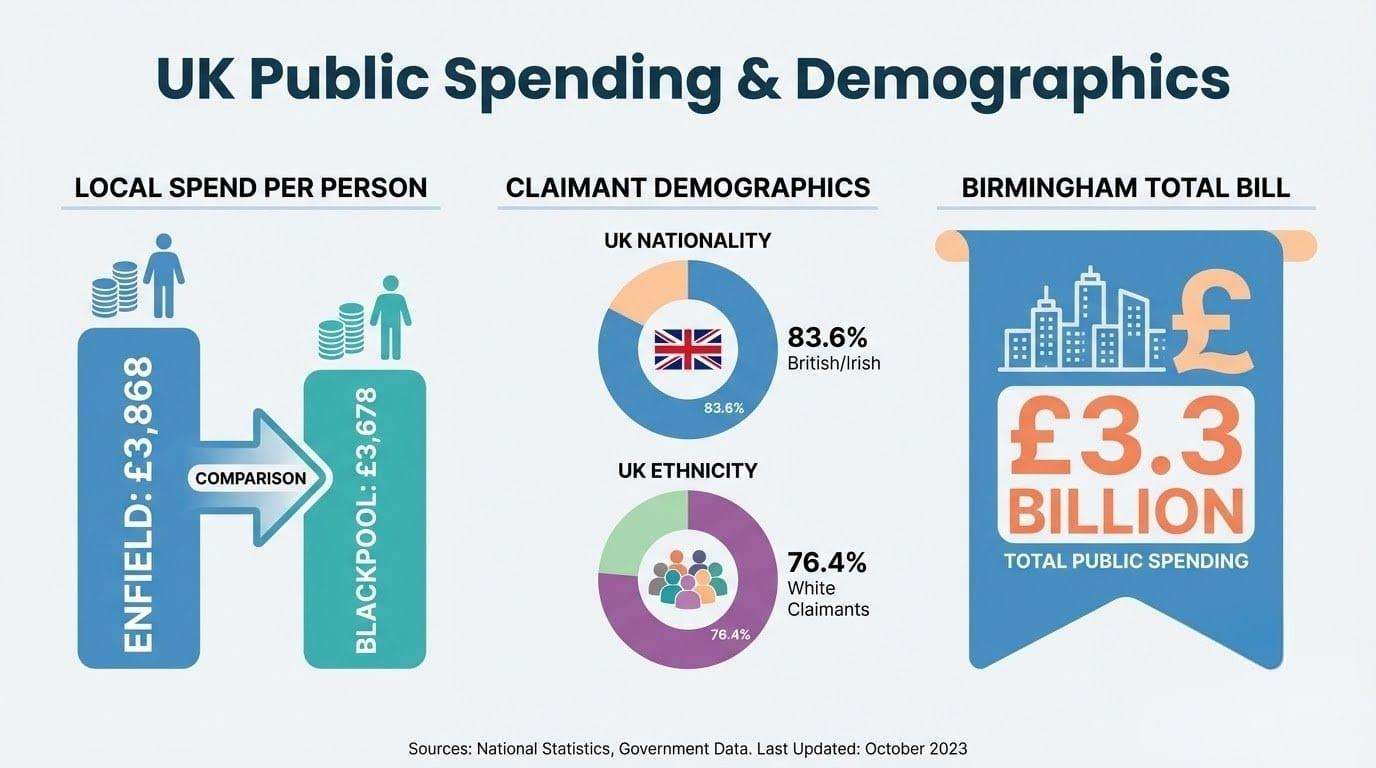Learning British slang is a fun and effective way to blend in with locals, understand cultural nuances, and add a dash of authenticity to your English. With its rich and diverse expressions, British slang provides an entertaining glimpse into the culture and history of the UK. Here are 16 must-know British slang terms, along with some bonus tips and insights, to help you sound more like a native and navigate conversations with ease.
1. Cheers
This versatile term isn’t just for toasts; Brits often use it as a casual way to say “thank you” or “goodbye.” It’s an informal yet polite way to express gratitude. For example:
"Cheers for your help!"
"Cheers, see you tomorrow!"
2. Mate
Commonly used to refer to a friend, this term is a staple of British slang. It’s friendly and can even be used with strangers to establish rapport. Example:
"How’s it going, mate?"
3. Knackered
Feeling utterly exhausted? This word captures that perfectly. Whether after work or a long night out, this term fits the bill:
"I’m knackered after a long day at work."
4. Chuffed
If you’re really pleased or proud, you’re chuffed. This term conveys genuine happiness:
"I’m absolutely chuffed with my new job!"
5. Bloody
Used for emphasis, this word can intensify nearly any sentiment. While it’s informal, it’s widely used across Britain:
"It’s bloody cold outside!"
"That was a bloody brilliant match!"
6. Gobsmacked
Completely shocked or surprised, this word expresses astonishment:
"I was gobsmacked by the news!"
7. Loo
A polite way to refer to the bathroom, "loo" is ubiquitous in British English:
"Excuse me, where’s the loo?"
8. Bollocks
A multipurpose term used to express frustration, disbelief, or disdain. Depending on the context, it can also mean something is nonsense or rubbish:
"That’s bollocks!" (nonsense)
"I made a complete bollocks of that presentation."
9. Dodgy
If something or someone seems untrustworthy or sketchy, it’s dodgy. It can also refer to something of poor quality:
"That car looks a bit dodgy to me."
"This dodgy phone doesn’t work properly."
10. Brilliant
While it means “excellent,” Brits use it more casually as a positive expression:
"That’s a brilliant idea!"
"Oh, brilliant! Thanks a lot!"
11. Skint
Being completely broke or without money. It’s a relatable term for many:
"I’m skint until payday."
12. Fancy
A common way to express attraction or desire for something or someone. It’s also used to offer something:
"Do you fancy a cup of tea?"
"I fancy her, she’s lovely!"
13. Sorted
Used when something is resolved or under control. It’s a reassuring term:
"Don’t worry, it’s all sorted!"
14. Naff
If something is uncool, tacky, or of poor quality, it’s naff:
"That jumper is so naff!"
15. Quid
The British equivalent of saying “buck” for a pound. It’s informal and widely understood:
"That’ll be 20 quid, please."
16. Taking the mickey
To mock or make fun of someone in a playful way. It’s good-natured but can be cheeky:
"Are you taking the mickey out of me?"
Bonus Slang Terms
Barmy
Meaning crazy or eccentric, often used in a light-hearted way:
"You’re barmy if you think I’ll do that!"
Gutted
Deeply disappointed or upset:
"I was gutted when my team lost the final."
Wicked
Contrary to its traditional meaning, "wicked" is used to describe something amazing or cool:
"That concert was wicked!"
Leg it
To run away quickly, often from trouble:
"We had to leg it to catch the last train."
Tips for Using British Slang
Context Matters: Slang often carries specific cultural nuances, so pay attention to how and when locals use it. Using the wrong term in the wrong context might come off as unnatural.
Start Small: Use a few phrases at first to build confidence. Once you’re comfortable, start incorporating more.
Watch and Listen: British TV shows (The Crown, EastEnders), films (Love Actually, Snatch), and YouTube channels are excellent resources for picking up authentic usage.
Practice with Locals: Engaging in conversations with native speakers is the best way to refine your skills.
Why Learn British Slang?
Mastering British slang goes beyond learning a few words; it’s about immersing yourself in the culture and connecting on a deeper level. Whether you’re visiting the UK, interacting with British friends, or just a fan of British culture, knowing these terms can:
- Make your conversations more engaging and authentic.
- Help you understand British humor and sarcasm.
- Enable you to navigate social situations with ease.



.jpeg)




.svg)
